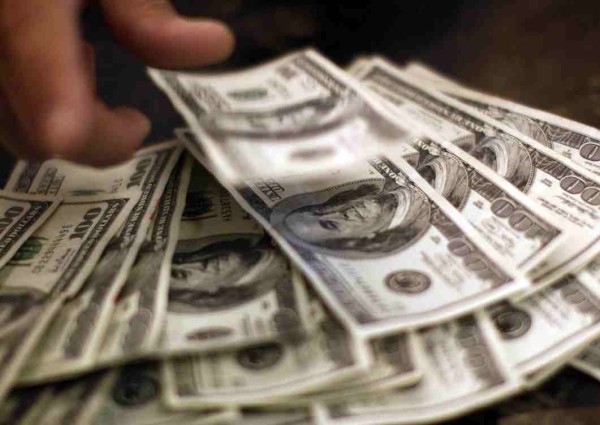The rise of the U.S. dollar is the root cause of the slowing economy, contrary to what the United States has been saying about foreigners, according to a recent article published by Forbes.
The article noted that the U.S. economy slowed abruptly in the fourth quarter last year, with only 0.7-percent annual growth rate, a significant decline compared to earlier data in 2015.
Although the decline in exports may be easily attributed to the falling demands from overseas markets such as China and Europe, the author of the article opposed this view.
"Looking a bit deeper, it appears more likely that the problem lies in the strengthening U.S. dollar; America's successful emergence from the Great Recession is to blame," said the author.
According to Torsten Slok, chief international economist for Deutsche Bank, since the latter half of 2014, U.S. manufacturing has been decreasing slowly, while the manufacturing indices of both Europe and Japan have remained expanding.
Slok believed that the sluggish performance of the economy was caused by the strong dollar.
"Whatever the cause for the U.S. slippage, it is not hitting Europe and Japan," the author reasoned, adding that "when the dollar began its broad-based strengthening in July 2014, the expansion in U.S. manufacturing stopped."
"The rise in the value of the dollar against other securities makes U.S.-produced goods appear relatively expensive," and naturally, demand for these goods will fall, the author said.
If the low Chinese demand was responsible for manufacturing decline, similar patterns should have been seen in Europe and Japan, as China has heavy demand for goods in these regions.
"Instead, the plausible reason is that U.S. goods got relatively too expensive," the author said.
On the reasons why the dollar grew so strong, the author attributed this to the rise in the purchase of U.S. goods or investments, strong recovery from the Great Recession, and particularly, to the Federal Reserve's tough monetary policy with projected rise in U.S. interest rates.


